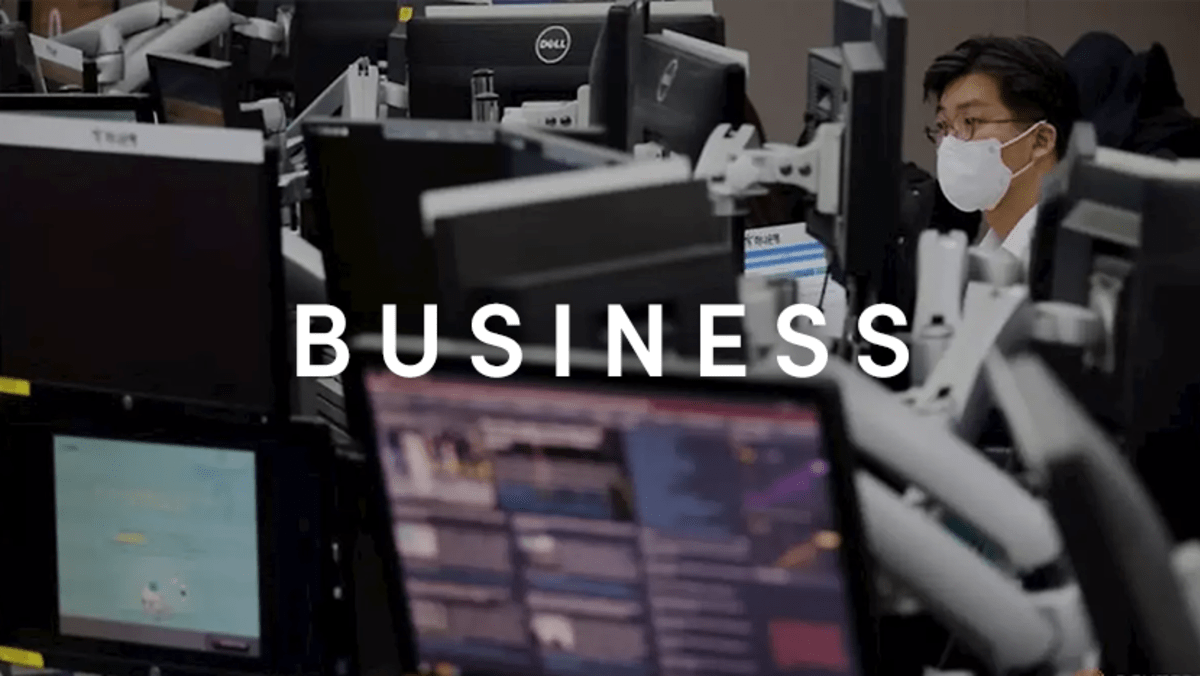Toyota joins Tesla in developing self-driving tech with low-cost cameras
San Francisco : Toyota Motor unit Woven Planet has joined Tesla Inc in trying to advance self-driving technology without expensive sensors such as lidars.
Woven Planet told Reuters it is able to use low-cost cameras to collect data and effectively train its self-driving system, a “breakthrough” that it hopes will help drive down costs and scale up the technology.
Gathering diverse driving data using a massive fleet of cars is critical to developing a robust self-driving car system, but it is costly and not scalable to test autonomous vehicles with expensive sensors, it said.
Tesla has been betting on cameras to collect data from over 1 million vehicles on the road to develop its automated driving technology, while Alphabet’s Waymo and other self-driving car firms added expensive sensors like lidars to a small number of vehicles.
“We need a lot of data. And it’s not sufficient to just have a small amount of data that can be collected from a small fleet of very expensive autonomous vehicles,” Michael Benisch, vice president of Engineering at Woven Planet, said in an interview with Reuters.
“Rather, we’re trying to demonstrate that we can unlock the advantage that Toyota and a large automaker would have, which is access to a huge corpus of data, but with a much lower fidelity,” said Benisch, a former engineering director at Lyft’s self-driving division, which Toyota acquired last year.
Woven Planet uses cameras that are 90per cent cheaper than sensors that it used before and can be easily installed in fleets of passenger cars.
It said using a majority of data coming from low-cost cameras increased its system’s performance to a level similar to when the system was trained exclusively on high-cost sensor data.
He said, however, Toyota would still use multiple sensors such as lidars and radars for robotaxis and other autonomous vehicles to be deployed on the road, as this currently seemed to be the best, safest approach to developing robotaxis.
“But in many, many years, it’s entirely possible that camera type technology can catch up and overtake some of the more advanced sensors,” he said.
“The question may be more about when and how long it will take to reach a level of safety and reliability. I don’t believe we know that yet.”
Tesla’s CEO Elon Musk said it can achieve full autonomy with cameras this year after missing his previous targets several times.
(Reporting by Hyunjoo Jin; Editing by Stephen Coates)
For all the latest business News Click Here

